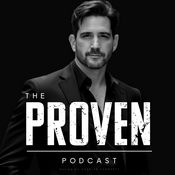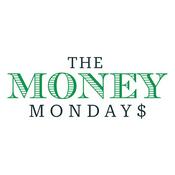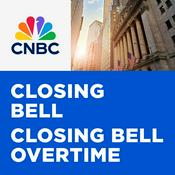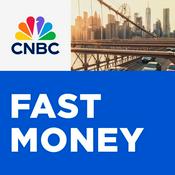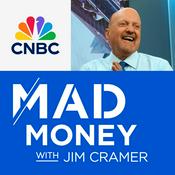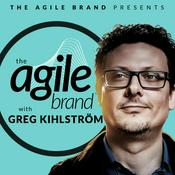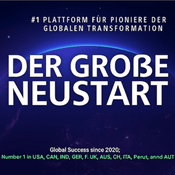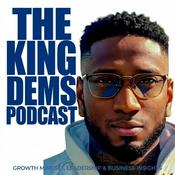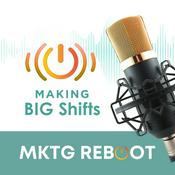513 episodes
- More U.S. gasoline refiners are moving to buy crude oil directly from Venezuelan producers after the Trump administration eased licensing. Meanwhile, the administration is revoking work permits and visas from many Venezuelans. Today, we head to the suburb of Katy, Texas — home to a large population of Venezuelan immigrants — to hear how those federal policies are being felt. Plus, union membership rose last year, and the U.S. trade deficit widened in December.
- In a conversation with the owner of a Portland-based construction firm, something disturbing was revealed: One reason he can't retain the workers he needs is that random bigots are profiling his staff as immigrants and harassing them when they have to leave the jobsite to, for instance, pick up materials. This morning, we’ll hear his account. But first, the tariffs that mid-sized companies are paying nearly tripled starting early last year.
- From the BBC World Service: India is hosting an AI summit as part of the country's efforts to showcase itself as a major player in the artificial intelligence space and a leader in the Global South. It's aiming to be an emerging market where AI is not just going to be consumed, but where it's going to be created, built, and exported. Plus, restaurant owners are starting to take action on what they call "entitled" behavior by food influencers.
- A major fight is brewing over who has the right to regulate prediction market platforms like Kalshi and Polymarket. In a brief in a Nevada court case, the Commodity Futures Trading Commission argued it should regulate prediction markets, but states say the platforms should follow state gambling laws. Later in the episode, we unpack departure plans for the European Central Bank's president and hear why geopolitics are making Sweden rethink its decision to not adopt the euro.
- Though most companies are incorporating generative AI into their workflows, it doesn’t seem to be boosting output just yet. A survey of almost 6,000 companies found that AI hasn’t made waves in productivity or employment for most. Plus, we hear why fewer students are enrolling in computer science classes and majors. And later in the program, tariff-induced price uncertainty is hitting one Portland-based construction firm hard.
More Business podcasts
Trending Business podcasts
About Marketplace Morning Report
In less than 10 minutes, we'll get you up to speed on all the news you missed overnight. Throughout the morning, Marketplace's David Brancaccio will bring you the latest business and economic stories you need to know to start your day. And before U.S. markets open, you'll get a global markets update from the BBC World Service in London.
Podcast websiteListen to Marketplace Morning Report, Unblinded with Sean Callagy and many other podcasts from around the world with the radio.net app
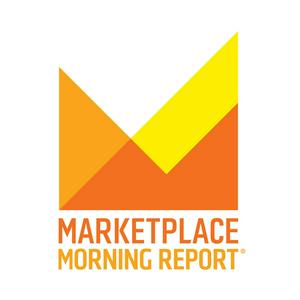
Get the free radio.net app
- Stations and podcasts to bookmark
- Stream via Wi-Fi or Bluetooth
- Supports Carplay & Android Auto
- Many other app features
Get the free radio.net app
- Stations and podcasts to bookmark
- Stream via Wi-Fi or Bluetooth
- Supports Carplay & Android Auto
- Many other app features


Marketplace Morning Report
Scan code,
download the app,
start listening.
download the app,
start listening.



